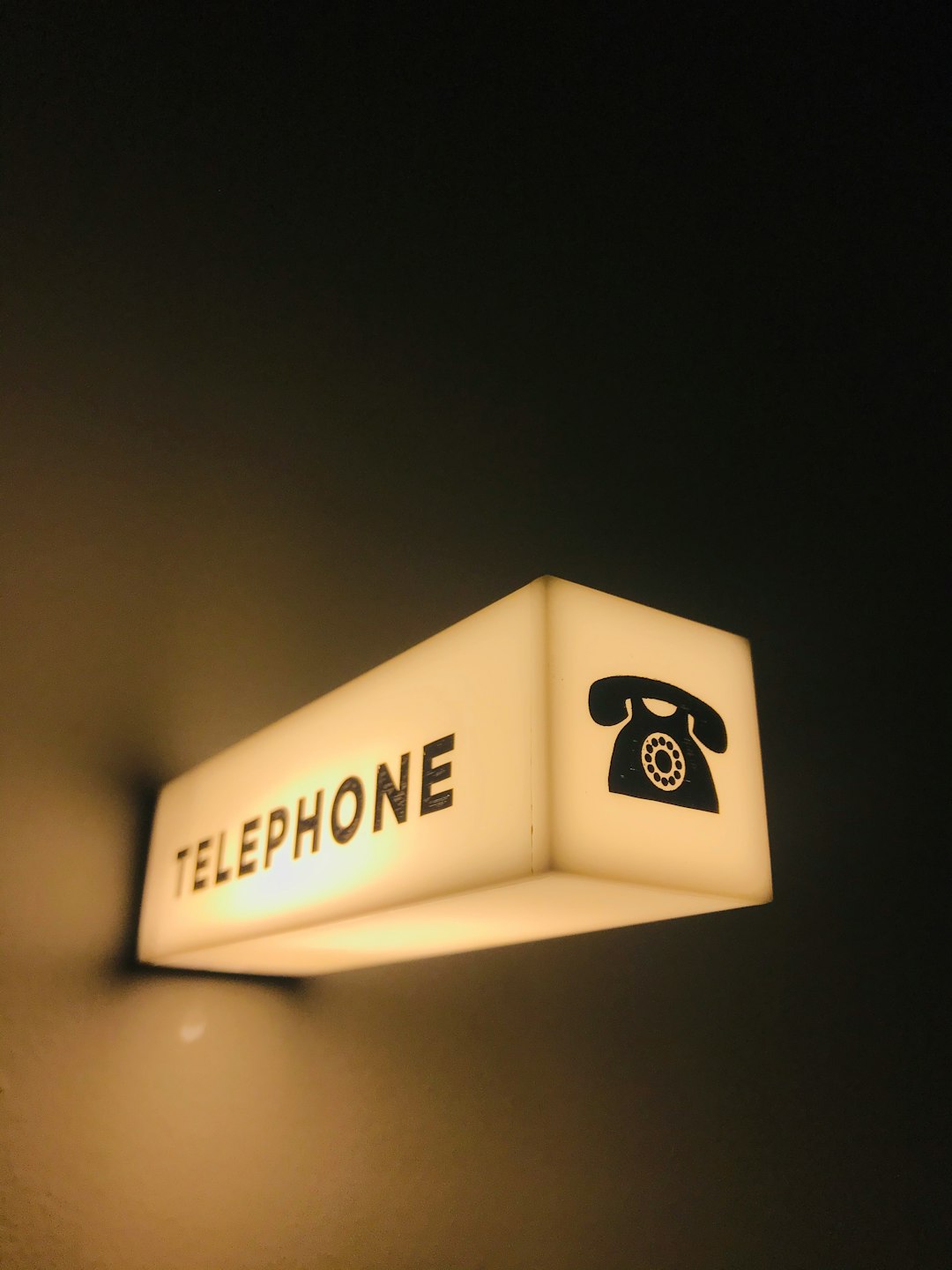Connecticut's strict Do Not Call laws protect residents from unsolicited phone marketing. Individuals and businesses must obtain prior written consent before making cold calls, facing fines and legal action. Violations can be reported to the Connecticut Attorney General's Office. Specialized Do Not Call Lawyers and Attorneys in Connecticut help navigate these regulations, register numbers, block telemarketers, and take action against persistent violators.
Connecticut has taken a significant step to protect residents’ privacy with the recent ban on cold calling without prior written consent. This strict new regulation, effective immediately, aims to curb unwanted telemarketing calls and give individuals greater control over their personal data. The article explores Connecticut’s evolving Do Not Call laws, clarifying rights for both businesses and consumers, and highlighting the importance of seeking legal counsel from a qualified Do Not Call Lawyer Connecticut or Do Not Call Attorney Connecticut to ensure compliance and protect against potential spam call law firm penalties.
Understanding Connecticut's Do Not Call Laws

In Connecticut, understanding and complying with Do Not Call laws is paramount, especially for businesses and individuals looking to avoid legal repercussions. The state has implemented stringent regulations that restrict unsolicited phone calls, often referred to as spam calls, to residents’ private numbers. These laws are designed to give Connecticut citizens control over their communication preferences and provide a means to protect their personal time and privacy.
Do Not Call Laws in Connecticut allow individuals and businesses to register their telephone numbers on the state’s official Do Not Call list. This list prohibits telemarketers and cold callers from making unwanted calls to registered numbers. Individuals who feel they have been violated by such calls can seek legal counsel from a Do Not Call Lawyer or Attorney in Connecticut, who specializes in these laws. Such legal professionals ensure compliance for their clients and help protect them from potential fines and penalties associated with spam call regulations.
What Does the New Ban Mean for Cold Calling?

The recent ban on cold calling without prior written consent in Connecticut is a significant development in the state’s do-not-call laws. This new regulation, which targets both telemarketers and law firms engaging in unsolicited calls, aims to protect residents from unwanted and potentially harassing phone calls.
For legal professionals, especially those in private practice, this means a need to adapt their marketing strategies. Lawyers and law firms in Connecticut must now obtain explicit permission before calling potential clients, ensuring compliance with the state’s do not call laws. This shift could lead to more targeted and meaningful client interactions, as well as increased accountability for law firms’ marketing efforts. A Do Not Call Lawyer or Attorney in Connecticut can guide legal professionals through these changes, ensuring they stay within the new regulations and maintain ethical practices.
Rights and Responsibilities for Businesses and Individuals

In Connecticut, both businesses and individuals have rights and responsibilities regarding the state’s strict Do Not Call laws. Businesses operating in this state must adhere to stringent regulations when contacting potential clients or customers by phone. This includes obtaining written consent before making any cold calls. Failure to do so can result in significant penalties, including fines and legal action from aggrieved parties seeking representation from a Do Not Call Lawyer Connecticut or Do Not Call Attorney Connecticut.
Individuals who register their phone numbers on the national Do Not Call list are protected from unsolicited calls from both businesses and other individuals. While this list is not exhaustive, it provides substantial relief to those who prefer not to be contacted by telemarketers or cold callers. In case of violation, residents can file complaints with the Connecticut Attorney General’s Office, which takes such matters seriously. This strict adherence to Do Not Call Laws Connecticut ensures a more peaceful and less intrusive communication environment for both businesses and consumers alike. Should any legal issues arise regarding these laws, seeking counsel from a specialized Spam Call law firm Connecticut or Do Not Call law firms Connecticut is recommended.
Finding Legal Help: Do Not Call Lawyer Connecticut

If you’re a resident of Connecticut and are facing unwanted cold calls, knowing your rights under the state’s do-not-call laws is essential. While Connecticut has implemented robust measures to curb spam calls, finding legal help from a specialized lawyer can be invaluable. A Do Not Call Lawyer Connecticut or a Do Not Call Attorney Connecticut is an expert in navigating these regulations and ensuring your rights are protected.
These legal professionals can assist in registering your number on the state’s do-not-call list, which prevents most telemarketers from contacting you. They can also help if you’ve already taken measures to stop unwanted calls but continue to receive them. A lawyer specializing in Do Not Call Laws Connecticut will guide you through available options, including seeking damages or injunctive relief against persistent violators. With their expertise, you can ensure compliance with Connecticut’s do-not-call regulations and enjoy a quieter, more peaceful communication environment.






